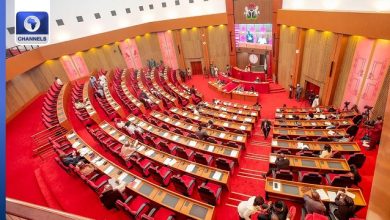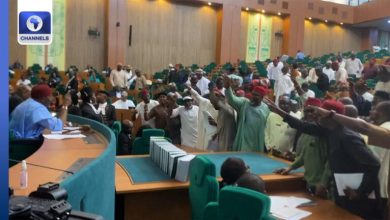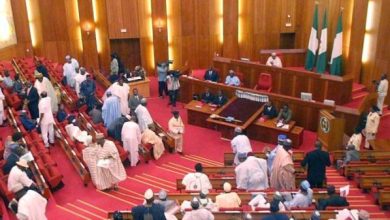Senate advances Electoral Act Amendment Bill

The Nigerian Senate has passed the Electoral Act Amendment Bill 2025 for second reading, marking a major step in ongoing efforts to strengthen the country’s electoral framework and enhance the credibility of future elections.
The bill, sponsored by the Chairman of the Senate Committee on Electoral Matters, Senator Simon Lalong (APC, Plateau South), seeks to amend key provisions of the Electoral Act 2022, including a proposed change that would shift the burden of proof in election petition cases from petitioners to the Independent National Electoral Commission (INEC).
Senate President Godswill Akpabio, who announced the bill’s progression during Wednesday’s plenary, described it as a critical reform needed to boost transparency, accountability, and public trust in Nigeria’s electoral system.
“Elections have improved in the country since the Peoples Democratic Party (PDP) left power, but we are not yet there.
“We must continue to reform and refine the process to ensure elections that truly reflect the will of the people, ” he said.
The bill was initially introduced last Thursday but was stepped down for broader consultation among lawmakers.
It was re-presented and debated extensively before passing through a voice vote.
It has now been referred to the Senate Committee on Electoral Matters for further review and a public hearing, with the committee directed to report back within two weeks.
Presenting the general principles of the bill, Senator Lalong said while the Electoral Act 2022 introduced landmark reforms such as electronic transmission of results and enhanced voter accreditation, it still contained gaps that undermined efficiency and fairness.
Akpabio further highlighted issues including delays in the release of election funds, disputes over voter registers, conflicting interpretations of result transmission, and weak enforcement of electoral offences as challenges the new amendment seeks to address.
During debate, several senators argued that the current law, which required petitioners to prove irregularities, places an unfair burden on candidates and citizens seeking justice.
They maintained that INEC, as the body responsible for conducting elections, should bear the responsibility of proving that the process was credible and transparent.
The lawmakers also called for greater funding and independence for INEC to enable it to deploy advanced technology and improve logistics in future elections.
The proposed amendment is part of the National Assembly’s broader goal to conclude all electoral law reforms before December 2025, ahead of preparations for the 2027 general elections.



